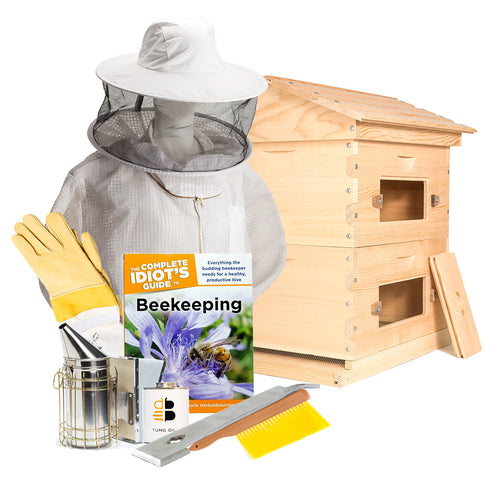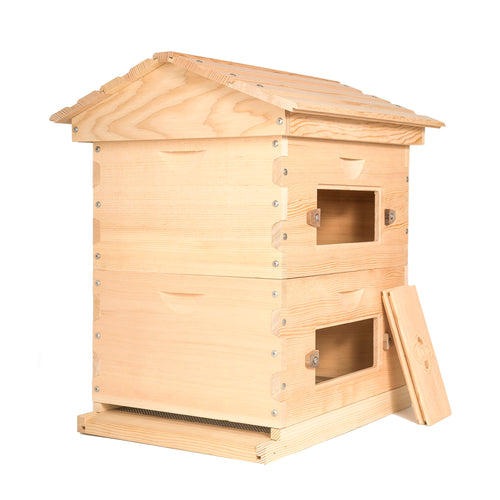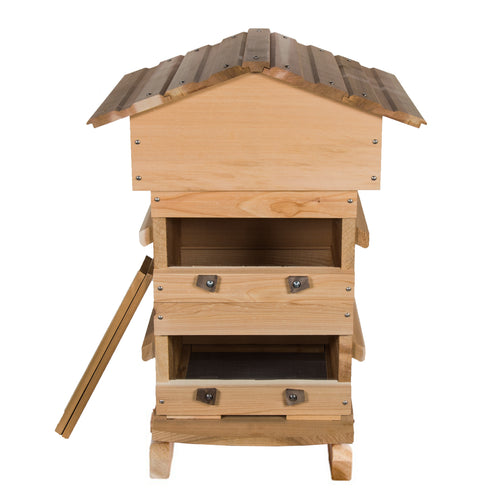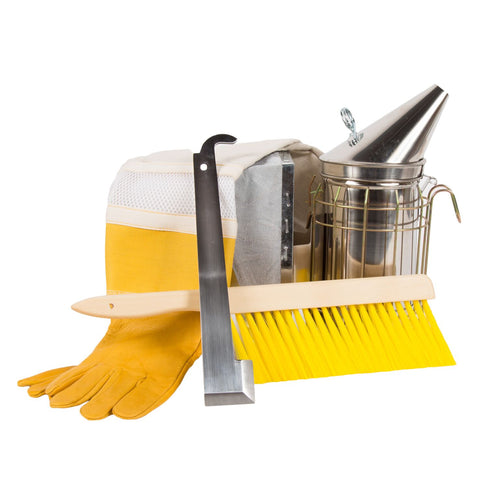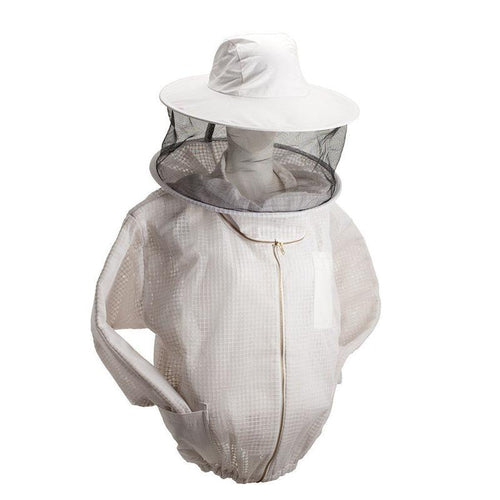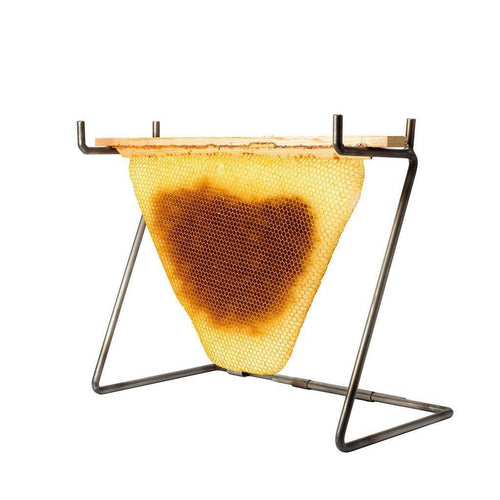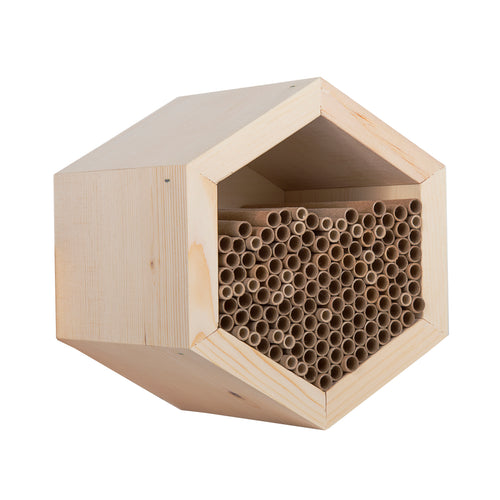Almost two weeks ago on the sunny morning of June 19th I visited Dena Rash Guzman's beautiful 60 acre organic farm where she keeps, among other things, her honey bees that make up Lusted Road Honey Company. I was there to aid in the inspection of her colonies housed in a variety of hive designs -- Langstroth, Warre and horizontal top bar hives. She told me she was particularly concerned about the Warre hive, as in the past day or so she's seen a tremendous number of dead bees suddenly appear on the bottom board.
We progressed through the hives and I helped deal with some cross comb issues in some others. One of the Langstroth hives had a lot of dead bees on the bottom, and the colony was weak in general. I suspected that pesticides could have something to do with it -- but it was nothing compared to what I'd see when we got to the Warre.
Through the window in the back I could see something had gone terribly wrong. Tens of thousands of dead bees lay twitching on the bottom board, spilling out the entrance of the hive. Dena assured me this had been her strongest colony the day before, with the fastest build-up and most bees coming and going. Whatever happened to this colony seemed to happen fast. I lifted the roof and quilt box, and then began carefully removing combs from the top box one by one. Each time I removed a comb dozens of half-living bees would lose their grip and fall onto the mass of dead and dying bees below. While there wasn't much, there was some honey in this hive. The livelier bees appeared to be demoralized and lethargic, slowly walking the combs like zombies. There was no traffic at the entrance.

The first thought that ran through my head was pesticides.
1) It was the strongest colony in the apiary up until that point
2) The day or two previous there was no massive die-off -- the colony appeared to be fine
3) Tens of thousands of dead/dying/twitching/seemingly-paralyzed bees on the bottom of the hive. Thousands of lethargic and dying bees still clinging to the combs.
4) There were some honey stores, though not much. There were very few bees with their heads stuck in cells.
Looking back I wish I had been wearing my GoPro to document the inspection of this hive -- I think it would tremendously help those researching the cause of death to see what I saw while it was all fresh. I was there as the colony was still dying. By the time Dr. Caron arrived on Tuesday, over 5 days had passed. The dead bees had been scooped up and moved. Robbing had started. I believe the few remaining bees had already likely eaten through the sparse stores that remained, and had to resort to cannibalizing the brood.
To complement the research of Dr. Caron, myself and others, it is critical that the toxicology of the dead bees be reported. We need to know whether the colony was killed by pesticides, starvation, a combination of the two, or other factors. Until all of the data is in, I'm wary of saying it was absolutely one thing or the other. Bees are complex creatures living in complex societies, and it is usually a combination of factors that leads to their demise.


